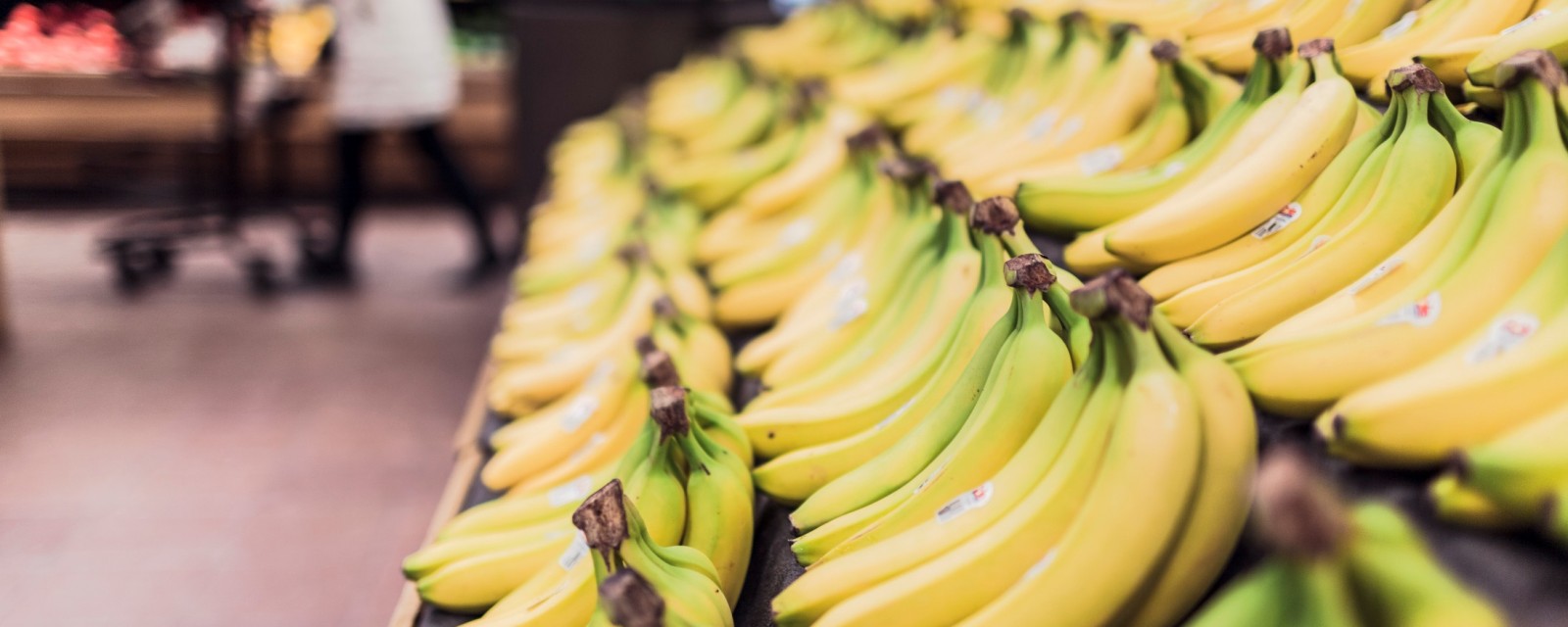Why is duplicate content a problem? And why single out e-commerce?
Duplicate content is a problem for any website. Since the Google Panda update in early 2011, Google has been taking duplicate content very seriously. While you may not always actively get penalised for it by Google, having duplicate content on your website is not beneficial.
Here is what Google says about duplicate content:
Duplicate content generally refers to substantive blocks of content within or across domains that either completely match other content or are appreciably similar. Mostly, this is not deceptive in origin. […] However, in some cases, content is deliberately duplicated across domains in an attempt to manipulate search engine rankings or win more traffic. Deceptive practices like this can result in a poor user experience, when a visitor sees substantially the same content repeated within a set of search results.
Google rewards websites that provide unique quality content by placing them higher in the SERPs than websites that contain a lot of duplicate content.
If you own an e-commerce site, you are particularly at risk for negatively affecting your search engine rankings with duplicate content. Here are some examples why:
Similar products
If you stock one product in different sizes, colours and designs and each variant comes with its own unique URL, the content for each of these products’ pages will be nearly identical, while you will struggle to find a way to describe each product differently.
www.yourshop/shoes/shoe-1-black/size-4
www.yourshop/shoes/shoe-1-black /size-5
www.yourshop/shoes/shoe-1-black /size-6
www.yourshop/shoes/shoe-1-black /size-7
www.yourshop/shoes/shoe-1-brown/size-4
www.yourshop/shoes/shoe-1- brown/size-5
www.yourshop/shoes/shoe-1- brown/size-6
www.yourshop/shoes/shoe-1- brown/size-7
Duplicate URL paths
If your product is placed in several categories and your URLs are hierarchical, multiple versions of the page will be created. For example:
www.yourshop.com/shoes/shoe-1
www.yourshop.com/brand-name/shoe-1
www & non-www URLs
yourshop.com and www.yourshop.com are considered different addresses by search engines. Make sure you choose one version and use a permanent redirect to redirect the other version to the preferred version. If you don’t do this, it will result in your entire website being duplicated. By the way, the same goes for http:// and https:// and if you own multiple domains for your shop such as yourshop.com and yourshop.co.uk.
Sorting & filtering products
The sorting and filtering functions on your e-commerce page can result in duplicate content being created, as the content will be identical to other pages.
www.yourshop.com/shoes?dir=asc&order=price
www.yourshop.com/shoes?price=-30
Dividing the list of products in a category onto multiple pages
www.yourshop.com/shoes
www.yourshop.com/shoes?p=2
As you can see, there are a multitude of possibilities for your e-commerce website to result in duplicate content.
Internationalisation
When you create an international version of your website before translating (all of) the content, this can result in duplicate content being created. We specialise in multilingual online marketing and are experienced in making internationalisation and localisation a smooth process, so don’t hesitate to contact us if you have any questions regarding internationalisation.

What you can do about it
Luckily there are solutions for how e-commerce shops can prevent creating duplicate content and therefore negatively impacting their search engine rankings. Some of these fixes can be implemented quickly with little effort while some may take longer and be more complicated.
Using canonical tags
The use of canonical tags allows you to prevent creating duplicate content due to similar products and sorting & filtering products. Adding canonical tags to all duplicate pages is the preferred method by search engines, and many CMS such as Magento will allow you to mark a page as canonical by simply ticking a checkbox.
By using canonical tags you select one preferred URL for your content. The canonical tags tell Google and other search engines that page A is your preferred page which you would like to be displayed in the search results, and that page B, C, D, and E are just variations of the page. If you are curious, you can read more about the use of canonical URLs here.
Using rel=”next” and rel=”prev” tags
The use of these tags is fairly similar to canonical tags. However, contrary to canonical tags, they are not used on pages that are identical and only accessible via different URLs (such as product pages that are available in more than one product category).
Instead, use the rel”next” and rel=”prev” attributes on paginated pages, such as for large product categories which extend over several pages – typically those pages from which you can click ‘Next’ or ‘Previous’. Adding these tags indicates to search engines that these pages contain similar content and should be treated in a logical sequence. Learn more about pagination <ahref=”https://support.google.com/webmasters/answer/1663744?hl=en”>here.
Choosing a preferred URL
You can avoid duplicating your entire website by choosing one preferred URL and redirecting all others to this URL. As an example, if you have the following URLs configured:
www.yourshop.com
yourshop.com
www.yourshop.co.uk
yourshop.co.uk
You want to select one of these URLs as your preferred URL. All others should redirect to the preferred URL using a 301 permanent redirect.
Creating unique content
Creating unique website and meta content is another, more time-consuming way of avoiding duplicate content. This can make sense when you previously used the same copy to describe similar products. Not only will this show Google that your pages are not just duplicates of each other, but it will also improve customer experience by tailoring your content exactly to the individual product and by signalling to your potential customer that some time and effort went into creating your page.
We can help
If you run an e-commerce website and would like help with cleaning up duplicate content and otherwise <ahref=”/online-marketing/seo/”>optimising your website for search engines, we can help. Feel free to get in touch!

